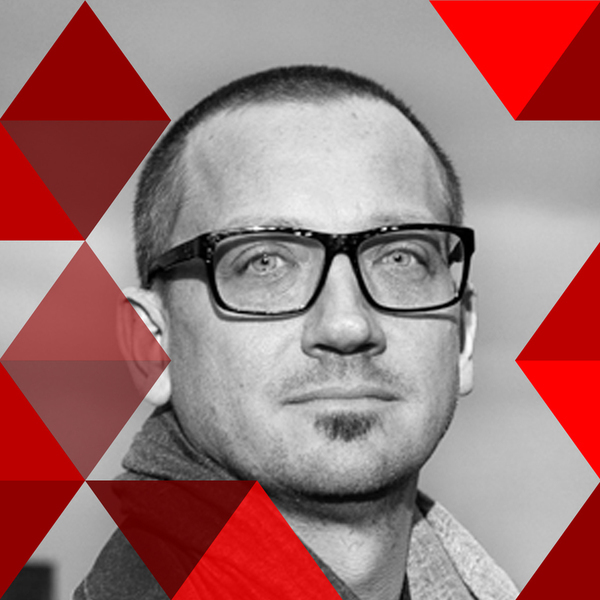Difference between revisions of "The Circular Economy"
| Line 1: | Line 1: | ||
| − | + | [[File:Foto-web_1280x1280px-03.jpg]] | |
| + | ''The video of the key-note presentation of Duzan Doepel on The Circular Economy will be uploaded here soon.'' | ||
| − | + | ''(WdKA symposium Redesigning Business, Maassilo Rotterdam, 20 november 2014)'' | |
| − | |||
| − | + | For the architect Duzan Doepel, giving shape to the process and the financing is just as important as the design itself. Doepel strongly believes that design can act as an agent for social renewal, and lead to strategies that contribute to a circular and inclusive economy. Circular in the sense of transforming energy, water, waste and material cycles into closed cycles. Inclusive in the sense of creating implementation trajectories that empower people who are otherwise removed from the labour market. He will explain the working methods, struggles and solutions of circular and inclusive economy, for example through the futuristic design for the Biobased Retrofit House. | |
| + | |||
| + | |||
| + | Duzan Doepel is co-founder of [http://www.doepelstrijkers.com DOEPEL STRIJKERS], an architecture firm that bridges the gap between art and science with intelligent design and strategic interventions. Driven by a fascination for aesthetics with substance, the office generates architectural works which transcend the spatial by creating social, ecological and economic value. He is also a research professor (lector) of Sustainable Architecture and Urban (Re-)Design at the University of Applied Sciences in Rotterdam, and a staff member of the Research Centre RDM. | ||
| + | |||
| + | [[Category:Issue_1]] | ||
| + | [[Category:Discourse]] | ||
| + | [[Category:02_Edit_Me]] | ||
| + | [[Category:Economics]] | ||
| + | [[Category:Strategies]] | ||
| + | [[Category:Transformation]] | ||
| + | |||
| + | [[Category:Issue_1]] | ||
| + | [[Category:Discourse]] | ||
| + | [[Category:02_Edit_Me]] | ||
| + | [[Category:Economics]] | ||
| + | [[Category:Strategies]] | ||
| + | [[Category:Transformation]] | ||
[[Category:Issue_1]] | [[Category:Issue_1]] | ||
| − | [[Category: | + | [[Category:Discourse]] |
| − | [[Category: | + | [[Category:02_Edit_Me]] |
[[Category:Economics]] | [[Category:Economics]] | ||
[[Category:Strategies]] | [[Category:Strategies]] | ||
[[Category:Transformation]] | [[Category:Transformation]] | ||
Revision as of 15:25, 19 November 2014
The video of the key-note presentation of Duzan Doepel on The Circular Economy will be uploaded here soon.
(WdKA symposium Redesigning Business, Maassilo Rotterdam, 20 november 2014)
For the architect Duzan Doepel, giving shape to the process and the financing is just as important as the design itself. Doepel strongly believes that design can act as an agent for social renewal, and lead to strategies that contribute to a circular and inclusive economy. Circular in the sense of transforming energy, water, waste and material cycles into closed cycles. Inclusive in the sense of creating implementation trajectories that empower people who are otherwise removed from the labour market. He will explain the working methods, struggles and solutions of circular and inclusive economy, for example through the futuristic design for the Biobased Retrofit House.
Duzan Doepel is co-founder of DOEPEL STRIJKERS, an architecture firm that bridges the gap between art and science with intelligent design and strategic interventions. Driven by a fascination for aesthetics with substance, the office generates architectural works which transcend the spatial by creating social, ecological and economic value. He is also a research professor (lector) of Sustainable Architecture and Urban (Re-)Design at the University of Applied Sciences in Rotterdam, and a staff member of the Research Centre RDM.
